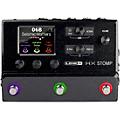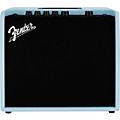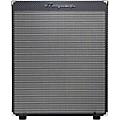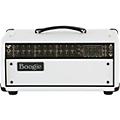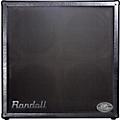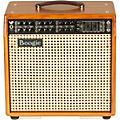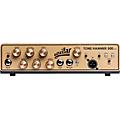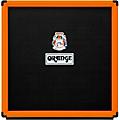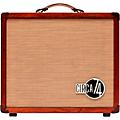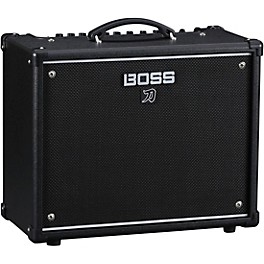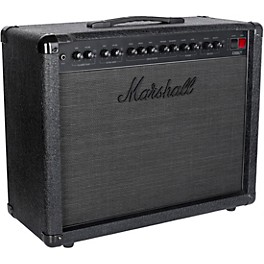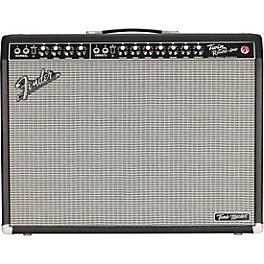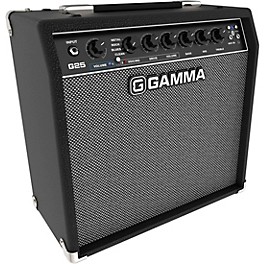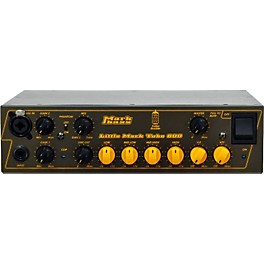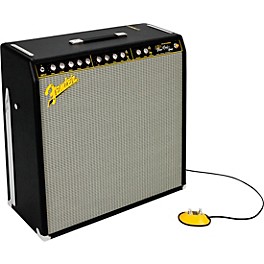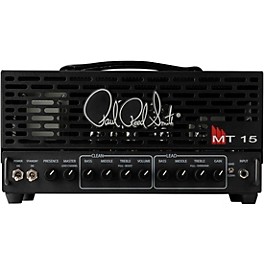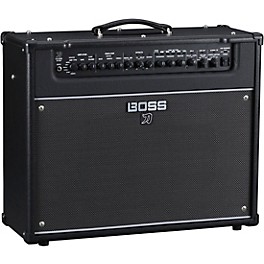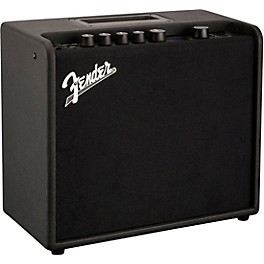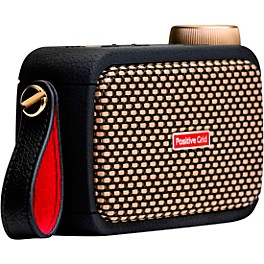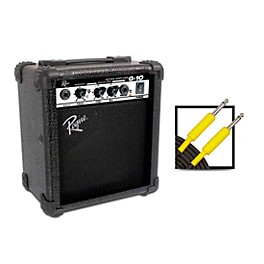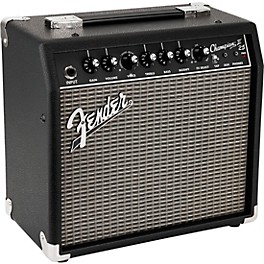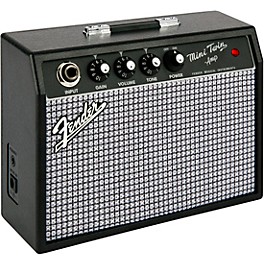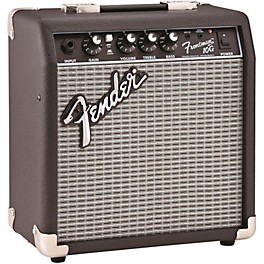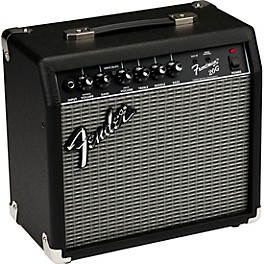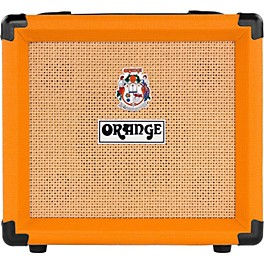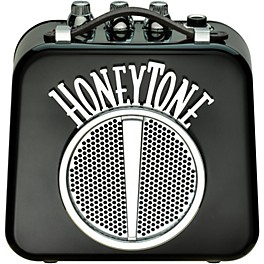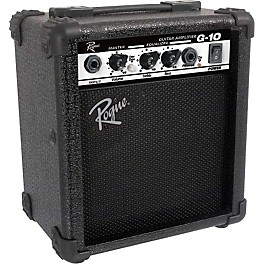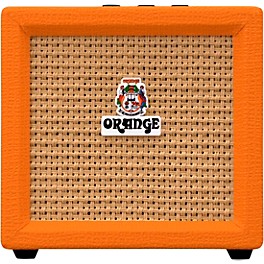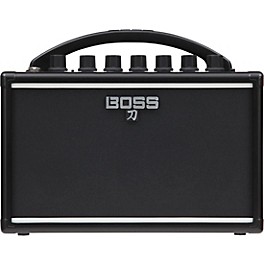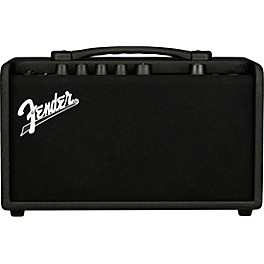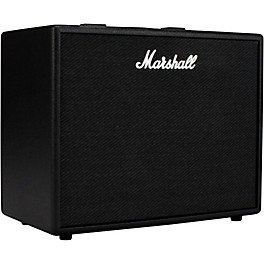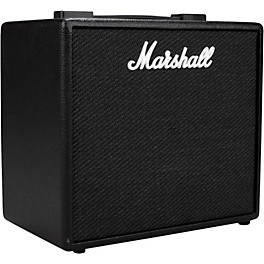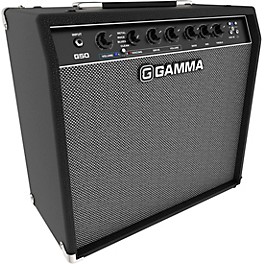About Amps:
There are two main configurations of guitar amplifiers: combination ("combo") amplifiers, which include an amplifier and anywhere from one to four speakers in a single cabinet; and the stand-alone amplifier (often called a "head" or "amp head"), which does not include a speaker, but rather passes the signal to a separate speaker cab.
While guitar amplifiers from the beginning were used to amplify acoustic guitar, electronic amplification of the guitar was first widely popularized by the 1930s and 1940s craze for Hawaiian music, which extensively employed the amplified lap steel Hawaiian guitar. Tone controls on early guitar amplifiers were very simple and provided a great deal of treble boost, but the limited controls, the loudspeakers used, and the low power of the amplifiers (typically 15 watts or less) gave poor high treble and bass output.
In the 1950s, several guitarists experimented with distortion produced by deliberately overdriving their amplifiers. In the early 1960s, surf rock guitarist Dick Dale worked closely with Fender to produce custom-made amplifiers, including the first 100-watt guitar amplifier. He pushed the limits of electric amplification technology, helping to develop new equipment that was capable of producing thick, clearly defined tones at previously undreamed-of volumes.
Distortion became more popular from the mid-1960s, when Kinks guitarist Dave Davies produced distortion effects by connecting the already distorted output of one amplifier into the input of another. Later, most guitar amps were provided with preamplifier distortion controls, and "fuzz boxes" and other effects units were engineered to safely and reliably produce these sounds. In the 2000s, overdrive and distortion have become an integral part of many styles of electric guitar playing, ranging from blues-rock to heavy metal and hardcore punk.

